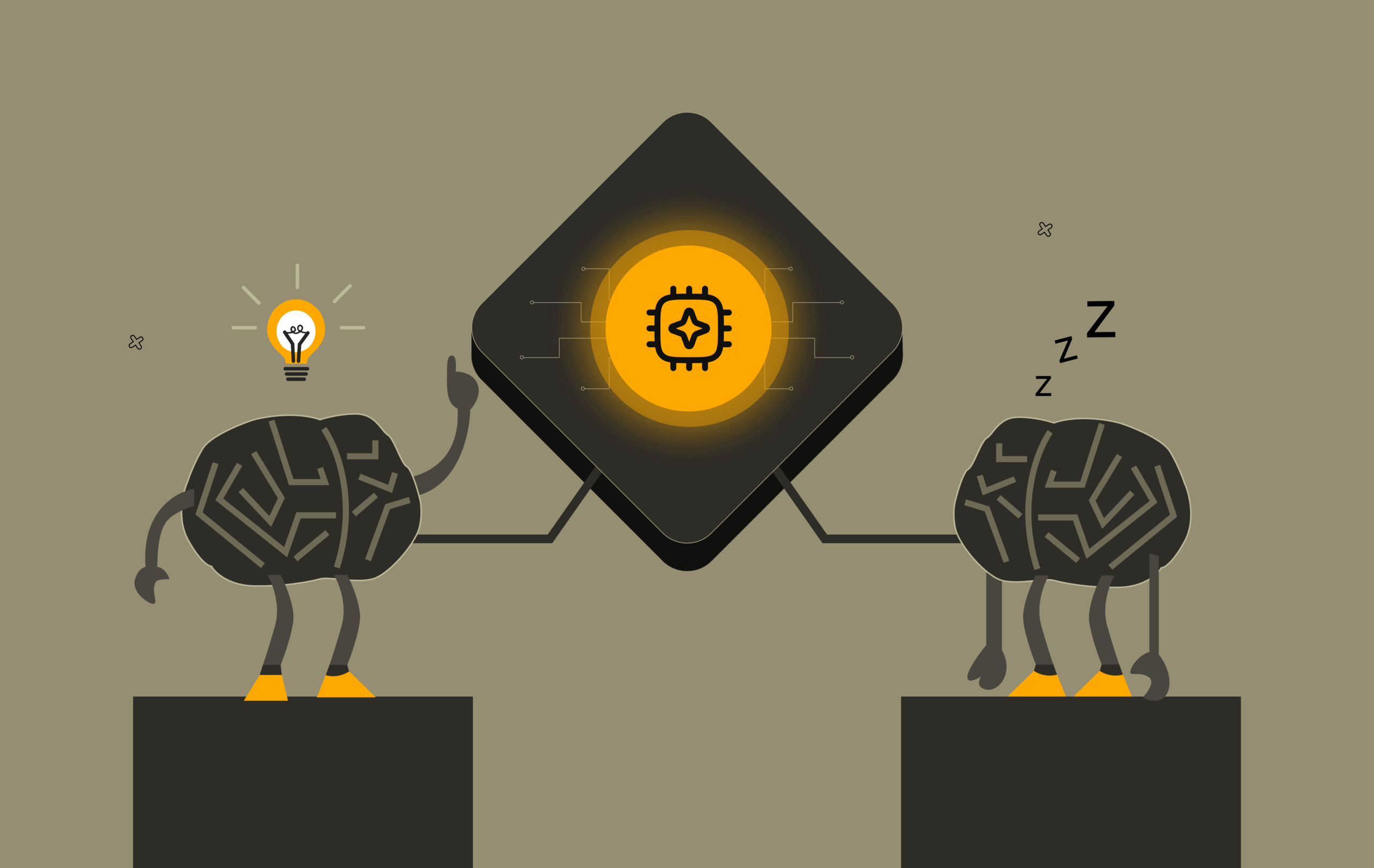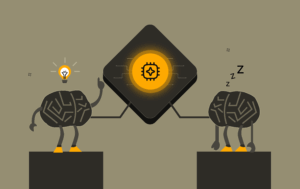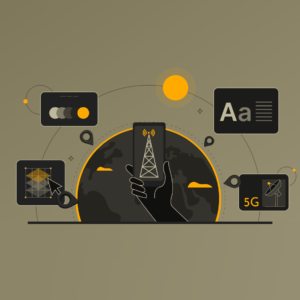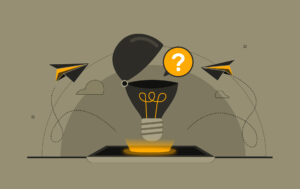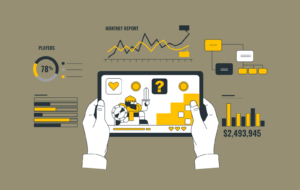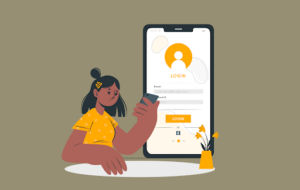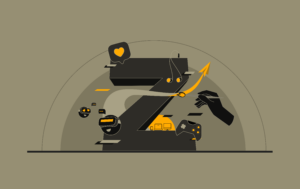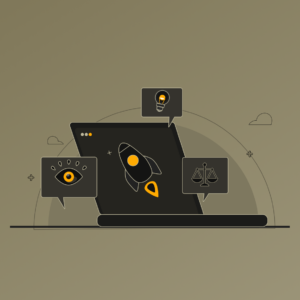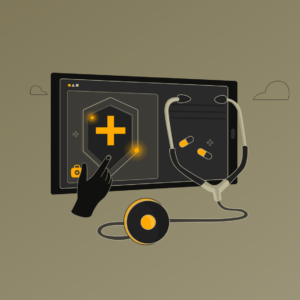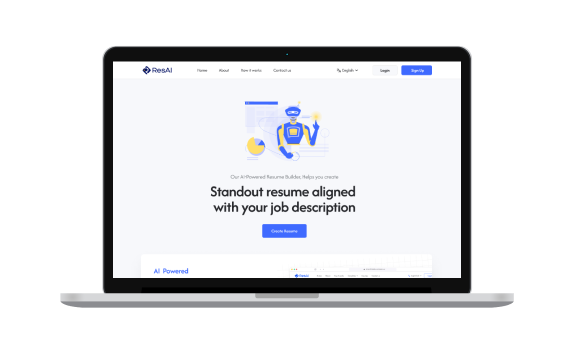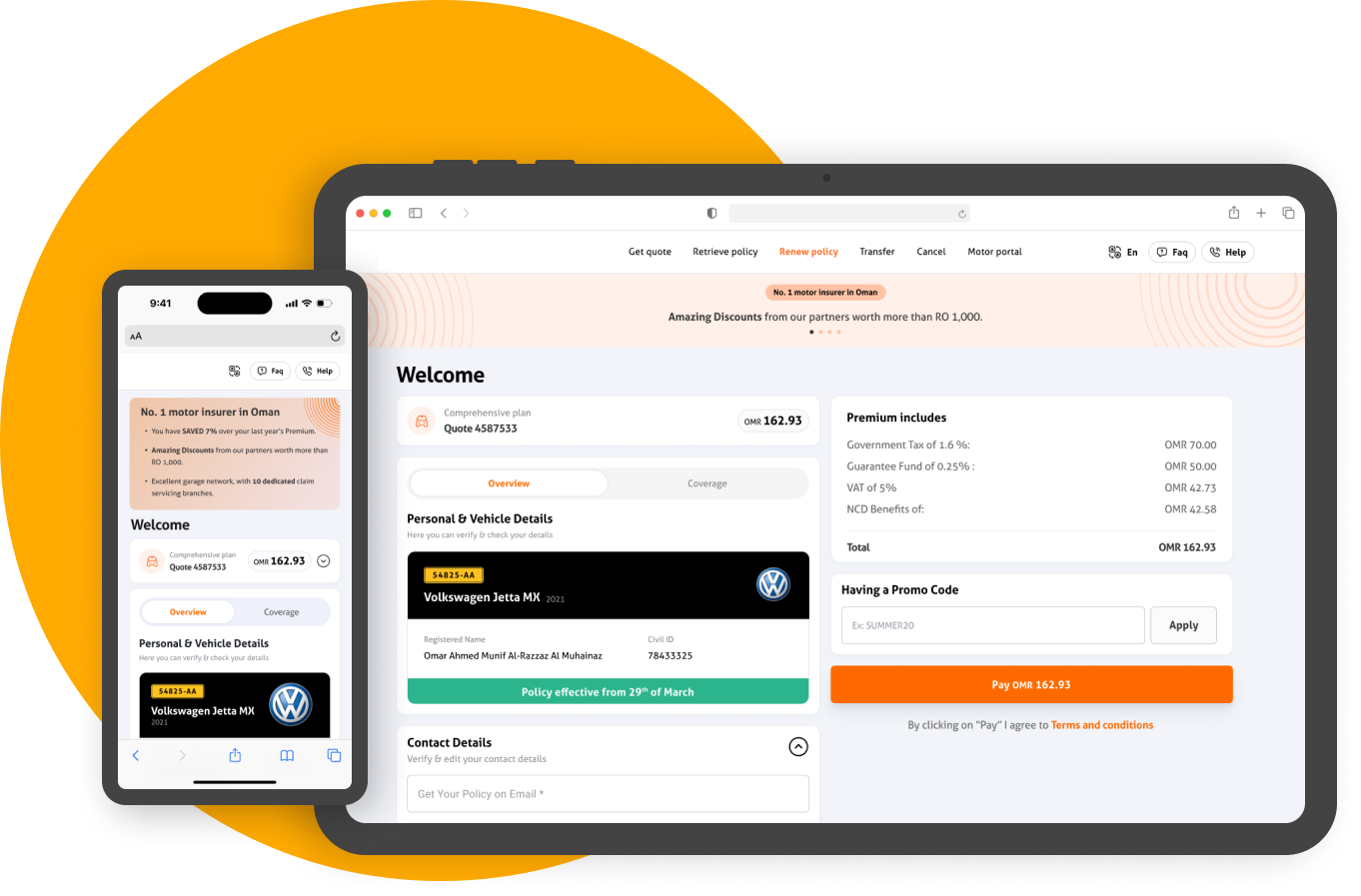Artificial Intelligence (AI) is changing the way we think, work, and live. It helps us find answers instantly, automates daily tasks, and even sparks creativity. It feels like AI is slowly integrating into everything we do. But is AI truly making us smarter, or are we just becoming too dependent on it? Let’s explore both sides.
How AI is Making Us Smarter
AI is a powerful tool that enhances our abilities in many ways:
- Access to Information – AI-powered search engines and chatbots provide instant answers, making learning faster and easier.
- Boosts Creativity – Designers, writers, and musicians use AI to generate ideas, improve their work, and try new concepts.
- Automates Repetitive Tasks – AI takes care of routine work like scheduling, calculations, and data analysis, allowing us to focus on higher-level thinking.
- Enhances Decision-Making – AI can process large amounts of data, helping businesses, doctors, and researchers make informed decisions.
By using AI wisely, we can expand our knowledge and become more productive.
How AI Might Be Making Us Lazier
While AI offers many benefits, it also has some downsides that could make us less active thinkers:
- Overdependence on AI – Instead of thinking through problems, people often look for quick AI-generated answers.
- Weaker Memory – Since AI remembers everything for us, we don’t practice recalling information like we used to.
- Reduced Problem-Solving Skills – AI can solve problems instantly, but if we don’t challenge ourselves, our ability to think critically may weaken.
- Less Creativity and Effort – Many people now use AI-generated content instead of creating original work, which could reduce innovation over time.
If we rely too much on AI, we may lose important skills like deep thinking and problem-solving.
Insights from Research
Recent research has explored how frequent use of artificial intelligence (AI) tools may impact our cognitive abilities, particularly critical thinking. A study involving 666 participants across various age groups and educational backgrounds found that heavy reliance on AI tools is associated with weaker critical thinking skills.
Moreover, the research indicates that higher educational attainment correlates positively with critical thinking skills, suggesting that education may mitigate some of the cognitive impacts associated with AI reliance.
The study also highlighted that younger participants (aged 17–25) exhibited higher AI tool usage and greater cognitive offloading, which coincided with lower critical thinking scores. In contrast, older participants (aged 46 and above) demonstrated stronger critical thinking skills and were less reliant on AI tools. Furthermore, higher educational attainment was consistently associated with stronger critical thinking skills, regardless of AI usage, implying that educational interventions could play a crucial role in mitigating the cognitive costs of AI dependence.
These findings highlight the importance of balancing AI tool usage with activities that promote active engagement and critical analysis to maintain and enhance our cognitive faculties.
Finding the Right Balance
AI should be used as a tool, not a replacement for thinking. Here are some ways to make the most of AI without losing our abilities:
- Think First, Ask Later – Before turning to AI, try solving a problem or answering a question on your own.
- Use AI to Expand Ideas – Instead of taking AI’s answers as final, use them as inspiration and analyze them critically.
- Practice Memory and Learning – Try to remember information, take notes, and engage in discussions to keep your brain active.
- Set AI-Free Time – Spend time solving problems, reading, or creating without AI’s help to strengthen your thinking skills.
The Future: Smarter or More Dependent?
AI is here to stay, and its impact will grow. Whether it makes us smarter or lazier depends on how we use it. If we let AI do all the thinking for us, we risk becoming passive consumers of information. But if we use it as a tool to enhance our knowledge and creativity, AI can truly make us smarter.
Keep your brain active—try to remember things on your own, even small details like your grocery list or a friend’s kid’s name. It’s important to keep your memory sharp for when you really need it.
So, the choice is ours—will AI be our assistant, or will it take over our thinking?
What do you think? Is AI making us smarter, or are we just getting better at using smart tools?
Join the conversation—share your thoughts!
